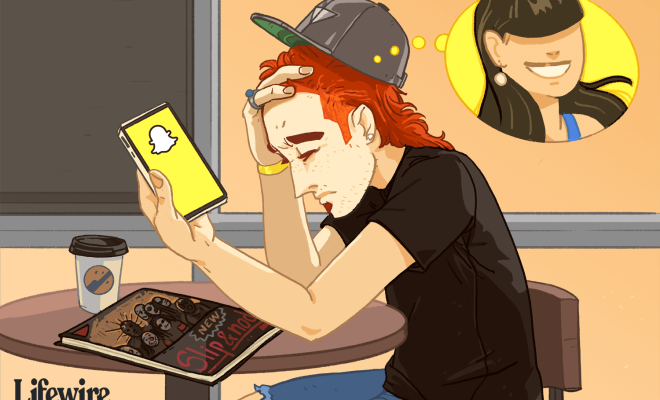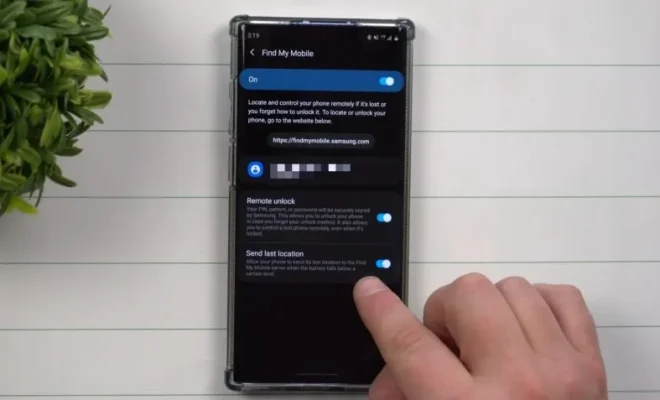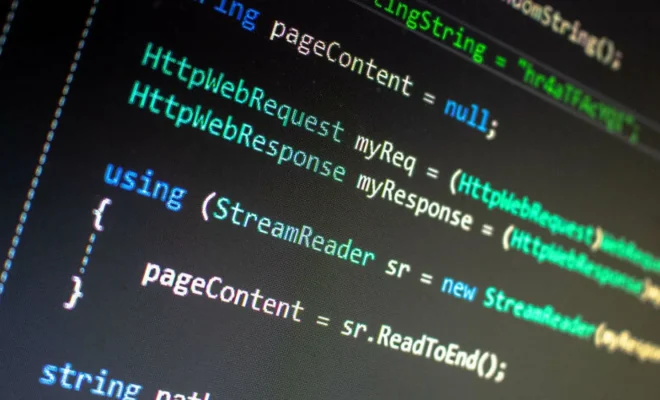How to Know If Someone Has Blocked You on Snapchat

As one of the most popular social media platforms, Snapchat allows users to communicate with their friends and family through pictures, videos, and messages. However, sometimes you might find that someone has disappeared from your Snapchat friend list, and you’re not sure whether they have blocked you or simply deleted their account. Here are some ways to know if someone has blocked you on Snapchat:
1. Search for their username: If you can’t find the person’s username in your friend list when you search for it, there’s a possibility that they have blocked you. You can also try searching for their username from another account or ask a mutual friend to look it up.
2. Check your contact list: If you’ve previously exchanged snaps or messages with the person, but now their name isn’t in your contact list, it’s likely that they have blocked you. They may have also deleted their account or removed you as a friend.
3. Look for the snap map: The snap map feature allows users to see their friends’ locations if they choose to share it. If you can’t see the person’s location on the map, it might be because they have blocked you.
4. Try sending them a snap: If someone has blocked you on Snapchat, you won’t be able to send them a snap. When you try to send them one, you’ll see a notification saying that your snap could not be sent. This is an indication that the person has blocked you.
5. Look for other signs: If the person used to respond to your snaps and messages but suddenly stopped, they may have blocked you. If their stories or snaps no longer appear in your feed, they may have removed you as a friend.
In conclusion, if you can’t find someone’s username, contact information, or location on the map, it might be because they have blocked you on Snapchat. However, it’s important to note that this could also be due to account deactivation or other reasons. If you suspect that you have been blocked, it’s best to confront the person directly to clear any misunderstandings or issues. Respect their decision if they choose not to interact with you and move on.





